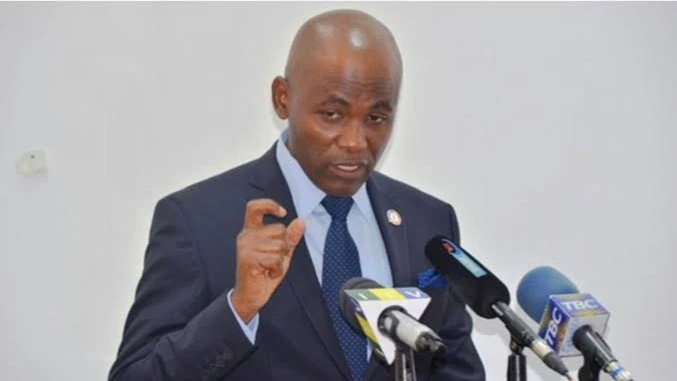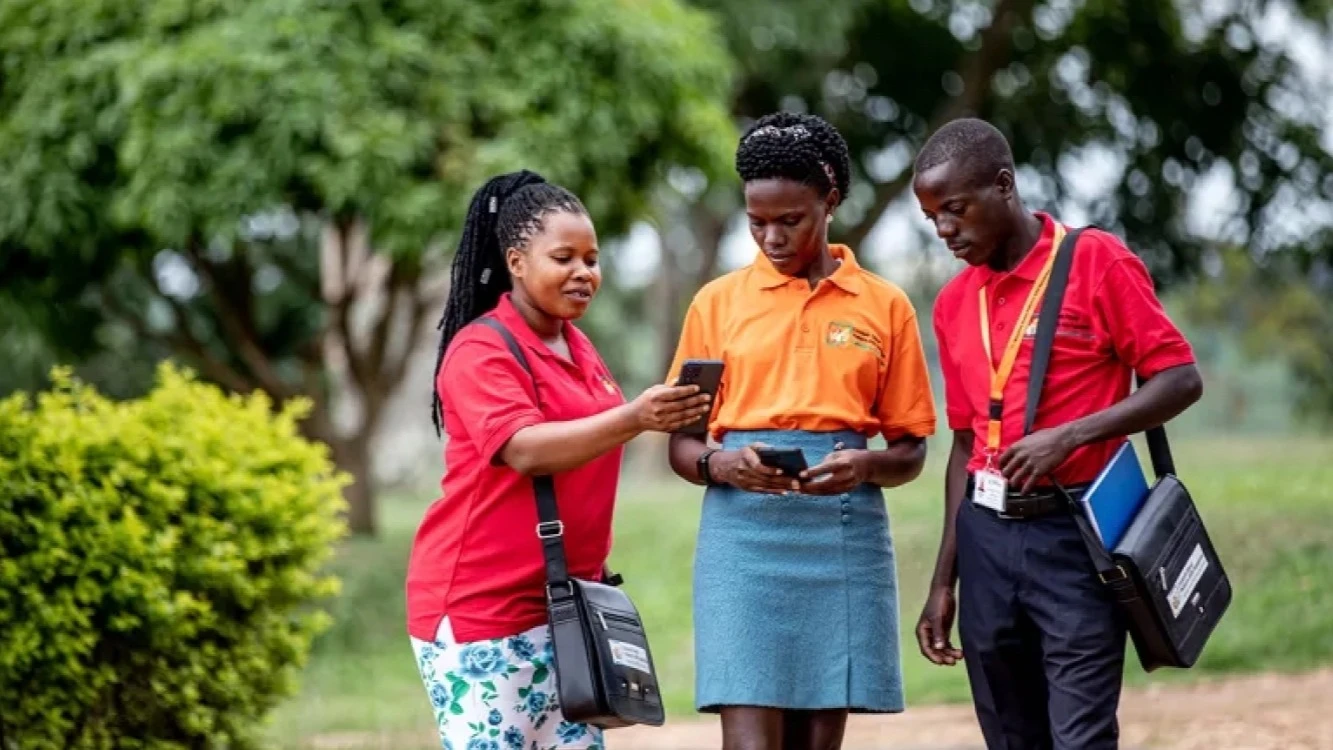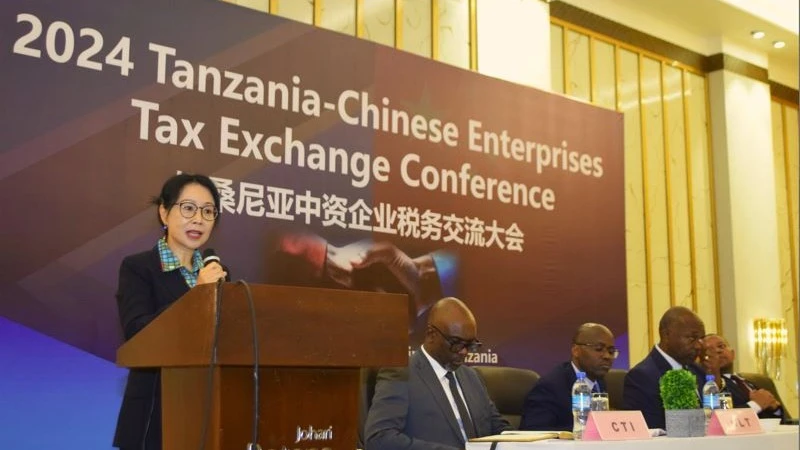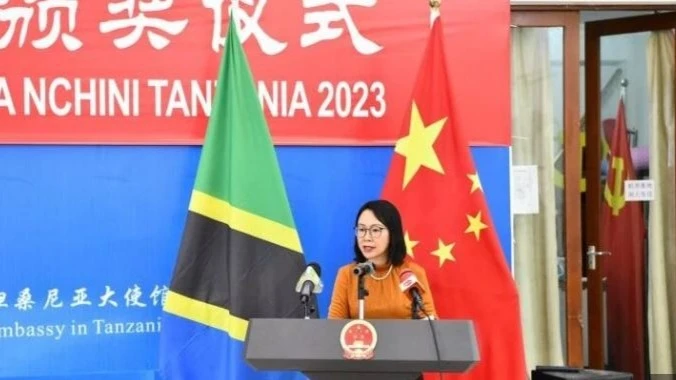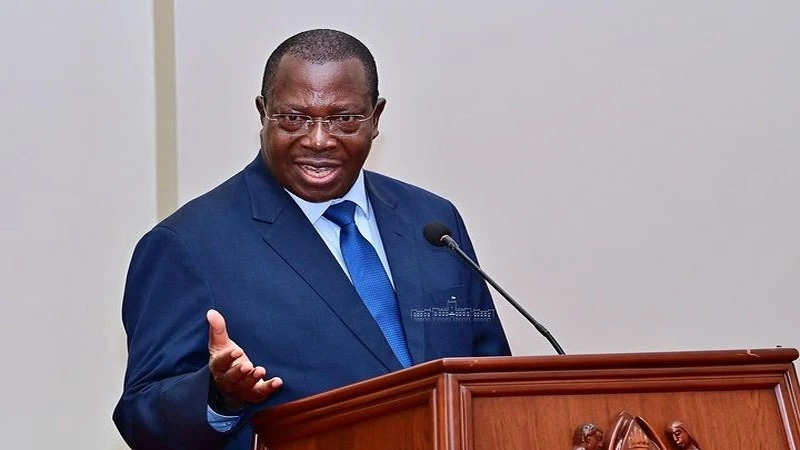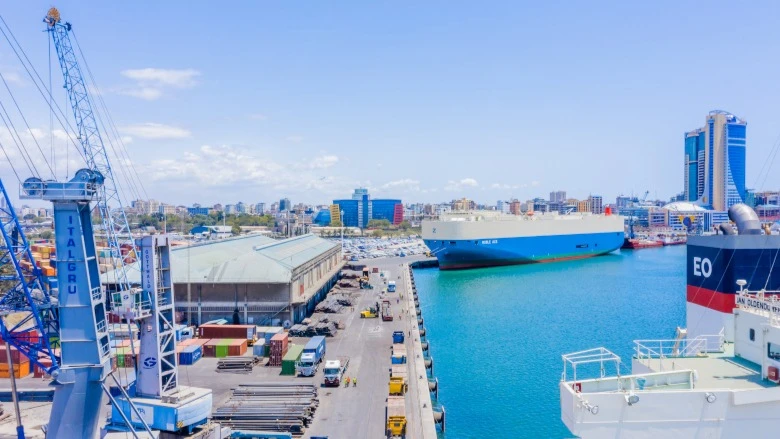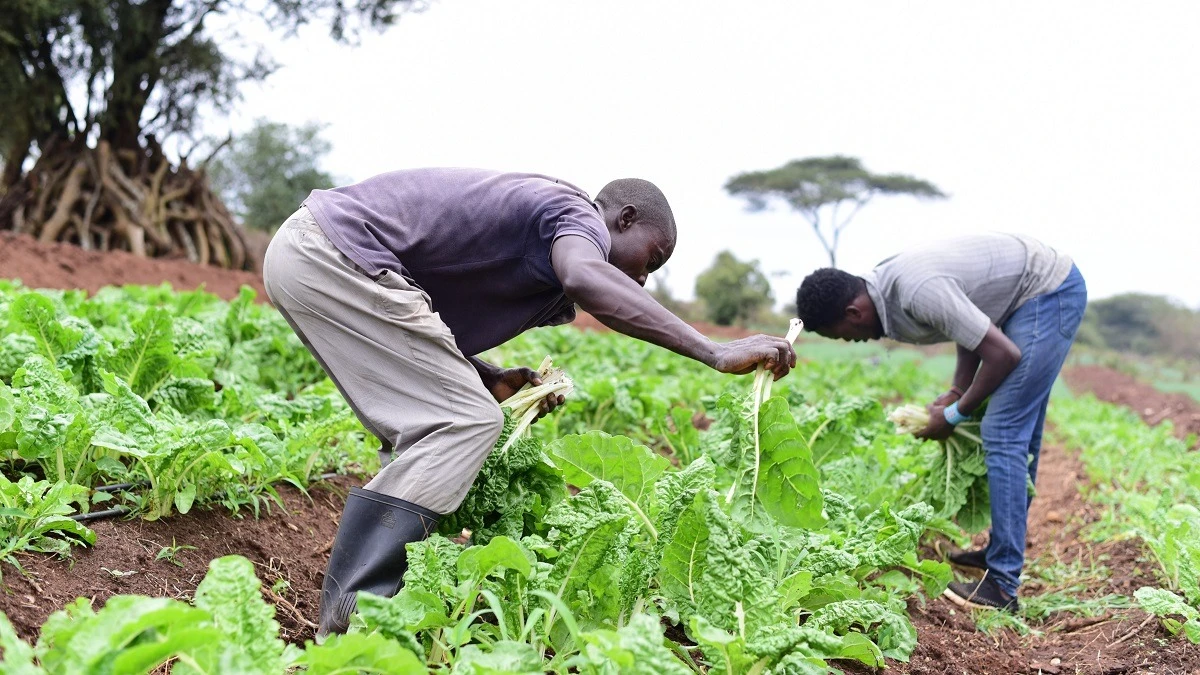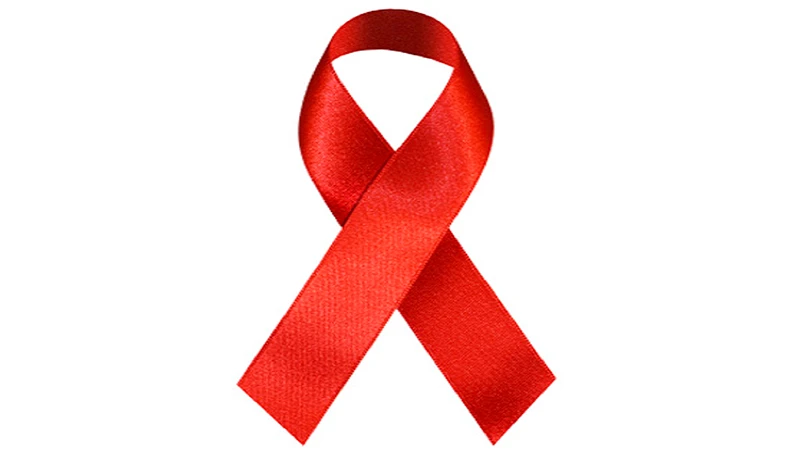WHO, African ministers should do more on the malaria vaccine
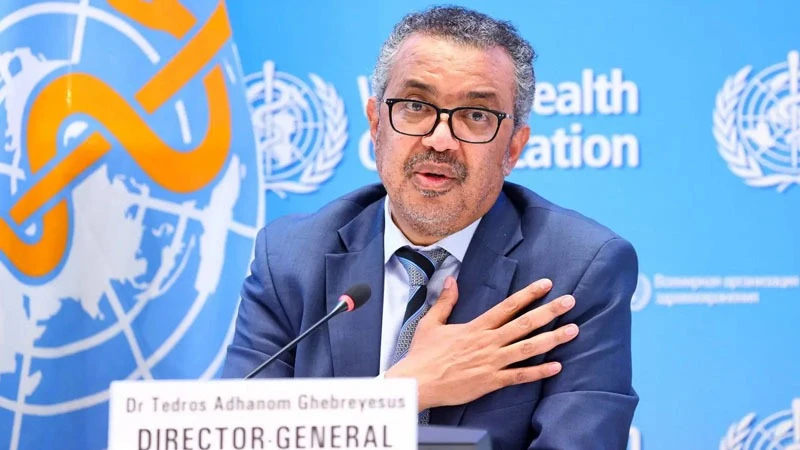
TOP officials of the World Health Organisation (WHO) and ministers from a cluster of African countries confirmed to suffer most from the scourge of malaria have just concluded an important meeting in Yaounde, Cameroon, against the background of a surge in malaria deaths in sub-Saharan Africa.
The key item on the agenda was how to put anti-malaria progress back on track, with the meeting recommending robust commitment to malaria responses at all levels. However, views are sure to differ as to how far the meeting was pointed in its key suggestions.
The WHO director general, who attended the meeting in person, quoted emerging data as showing that the world has made significant progress against malaria in recent decades but that progress has stalled since 2017.
It needs one to go back to a number of intervening factors to figure out why 2017 should be the year progress was halted, whereas Covid-19 spread around the world most conspicuously in 2020.
A better reason is that of a radical change of policy in the US after a conservative government took office early 2017 with executive orders to cut funds to some UN agencies.
The WHO chief executive appealed for greater domestic and international funding, science and data-driven malaria responses, urgent action on the health impacts of climate change, plus the harnessing of research and innovation within strong partnerships for coordinated responses.
This amounts to an appeal to more bilateral and multilateral support, but the climate of funding doesn’t actually promise much in that direction. Massive breakdowns in law and order sap most of the energy that donor countries are in a position to muster, with most other items on the agenda stalling.
This situation is a monumental challenge to African countries because those looking for – or awaiting – better policy initiatives from the West in terms of aid may have a long wait.
Strenuous efforts were initiated towards the end of 2021 as the Covid-19 pandemic started to wear down in the wake of a number of effective vaccines, administered by the International Monetary Fund (IMF).
The initiatives were similar to the Heavily Indebted Poor Countries (HIPC) debt relief programme in that debts were cancelled but the savings were directed mainly to primary education and rural roads. This time around the debts were left in place but governments were handed cash – to enable access to education and health services.
That is why WHO pleas on the need to address delays in malaria programme implementation in various countries to accelerated action to end deaths from the disease risk proving a dead letter.
The ministers promised to sustainably address the threat of malaria as a region but most such funds need to be disbursed by the developed countries and UN agencies – with bilateral agencies funding malaria and HIV drugs.
Eleven African countries account for 70 per cent of the malaria (disease and deaths) worldwide, while the continent as a whole accounts or 95 per cent of the malaria problem generally.
It can thus be said that the remaining burden is due to inefficient economic systems, which explains why other continents have largely abolished the disease.
There are intervening factors like drug resistance, but even this is tied to poverty, or limited purchases of the relevant drugs, inability to pay consultation fees with doctors, plus poor nutrition which can’t sustain a course of drug use.
Whatever the case, higher disbursements can’t be totally hoped for, and work in the direction of adopting vaccines now being tested could help out a bit further.
Top Headlines
© 2024 IPPMEDIA.COM. ALL RIGHTS RESERVED







